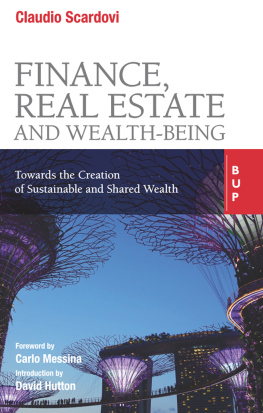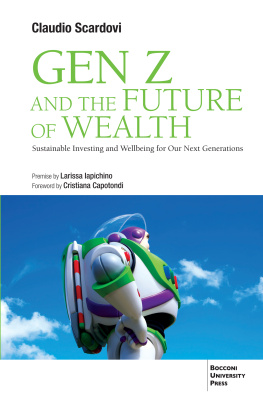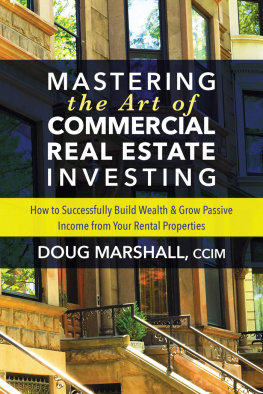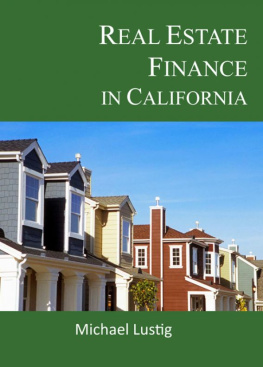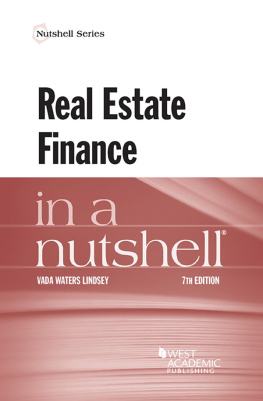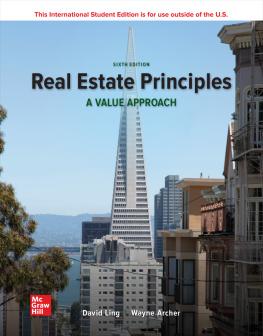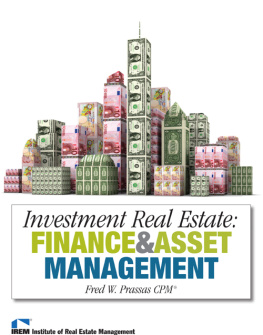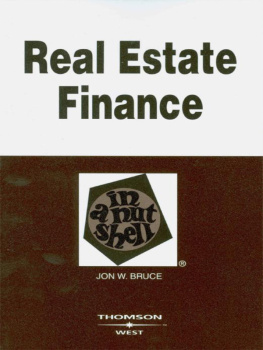
FINANCE REAL ESTATE AND WEALTH-BEING
How can banks and the real estate industry contribute to urban regeneration and social development projects to create more competitive communities and manage digital to physical ecosystems? The aim of the author is to cover and discuss, at both strategic and operational level, the implications of banking and real estate relationships, as an opportunity to relaunch both businesses and contribute to the development of the competitive positioning of large metropolies and other local areas, territories and communities to support the competitive repositioning of entire countries (starting from Italy). This would require extended alliances, new financial instruments and even more importantly the adoption of technological advances (big data, IoT and AI/ML) to build and manage finance-to-real estate digital ecosystems.
Claudio Scardovi is managing director and global co-head of the financial services practice for AlixPartners, a global consultancy focused on restructuring, value recovery, transformation and growth. Over the last 25 years, Claudio has specialized in the financial services sector, primarily as managing director and country or regional head of financial services for a numberof companies. He is also Teaching Professor at SDA Bocconi School of Management in Milan and at Imperial College in London.

Cover: Studio Wise, Milano
Typesetting: Laura Panigara, Cesano Boscone (MI)
Copyright 2020 Bocconi University Press
EGEA S.p.A.
EGEA S.p.A.
Via Salasco, 5 - 20136 Milano
Tel. 02/5836.5751 Fax 02/5836.5753
All rights reserved, including but not limited to translation, total or partial adaptation, reproduction, and communication to the public by any means on any media (including microfilms, films, photocopies, electronic or digital media), as well as electronic information storage and retrieval systems. For more information or permission to use material from this text, see the website www.egeaeditore.it
Given the characteristics of Internet, the publisher is not responsible for any changes of address and contents of the websites mentioned.
First edition: January 2020
ISBN Domestic Edition | 978-88-99902-67-4 |
ISBN International Edition | 978-88-31322-05-8 |
ISBN Epub and Mobipocket International Edition | 978-88-31322-06-5 |
Contents
Foreword
The real estate industry is a fundamental component of the economy and a key priority to ensure financial and geopolitical competitiveness to any country.
Based on this observation, the new book by Claudio Scardovi focuses on the opportunity to reconsider real estate according to new categories, to find innovative solutions with respect to the great changes that are taking place today. In this context, finance can be seen as a particularly significant transformative driver.
Many of the global trends that push towards traditional business models evolution, represent a challenge in real estate as in other sectors. The changing demographic processes, the great migrations, the evolution of lifestyles, the digital and technological progress and big data availability, together with the issues brought by climate change, demand the reconsideration and redesign of the inhabited space from a smart perspective, from cities to the home-office.
The ambitious vision therefore foresees new solutions and drivers for growth, which promote an ecosystem that is favored by multiple urban and social regeneration projects, and offer opportunities to better exploit the real estate component by taking on a holistic approach to personal asset management.
These considerations are particularly relevant for a country like Italy, where the value of residential assets settles at around 6 trillion euros and real estate accounts for about 55 per cent in the asset allocation of Italian households.
Outlined in the following pages is a very bracing challenge, where banks can play an important role in promoting (cultural) innovation. This purpose will be realized only if all the stakeholders involved are significantly committed and aligned around a clear vision, leading to a greater enhancement of the country and its territories.
Carlo Messina
Managing Director and CEO at Intesa Sanpaolo Group
Introduction
Never has the focus on our cities been so great. One of the oldest industries in the world, property, is again at the forefront. 150 million people move to urban environments each year to seek employment and a higher standard of living. Cities are increasingly defining our economic, social and environmental status. Every city requires clarity on how it can compete and the ability to attract new talent and investment to do so.
At the heart of our cities is real estate, the largest asset class on the globe and the main holder of our personal and institutional wealth. Todays major city challenges of congestion, affordability, inequality, climate change, tiring infrastructure and social/political unrest are demanding that we rethink our approach. Likewise, real estate is far too important to society to be the subject of poor policy, planning, speculation or lending practices which can trigger volatile cycles in valuation.
Positively, liveability and wellbeing are now increasingly defining success, with proactive leaders in the private and public sectors regenerating urban districts by integrating infrastructure, technology and property. My current home, Singapore, focuses on long-term planning and governance. Its 50-year transformation into a highly liveable, prosperous, green, first world economic city state (and buoyant real estate market) is a testament to proactive economic and social policy.
Having spent over 30 years working internationally in major real estate development, I can attest that capital and opportunities to set a bold vision, align interests, create value and leave behind a positive legacy still abound. However, to succeed we must be increasingly open to learning, leveraging technology, engaging community and policy makers, and being prepared to change. With real estate development comes responsibility to create quality people-centric places that improve the environmental, social and economic realities of the communities and cities we serve. Only through this approach are optimal long-term investment returns also generated.
In this book Claudio challenges us to consider the convergence of real estate, finance/banking and technology, and the changing role and use of real estate. He questions convention and explores a broad range of theories, ideas and approaches from risk, ownership, asset management, data and valuation to the importance of wealth, wellbeing and social investment. In many respects it is multiple books in one. Finance, Real Estate and Wealth-Being provokes us to rethink roles, whether they be developers, bankers, policy makers, advisers, technology providers, occupiers or investors, and to imagine a new world and fresh approach to real estate; one which avoids the cyclical and value-destroying errors of the past, and provides enhanced liquidity, quality of life and wealth for the future.
It serves as a timely reminder of the need for change in real estate. We are in a complex industry co-dependent on policy and capital markets, changing user preferences and where disruption from technology is already underway. Cities and their citizens deserve an industry with a strong sense of purpose, good governance and innovation. Those organizations that learn to adapt and evolve will be rewarded with immense opportunities in one of the biggest global growth markets cities.

